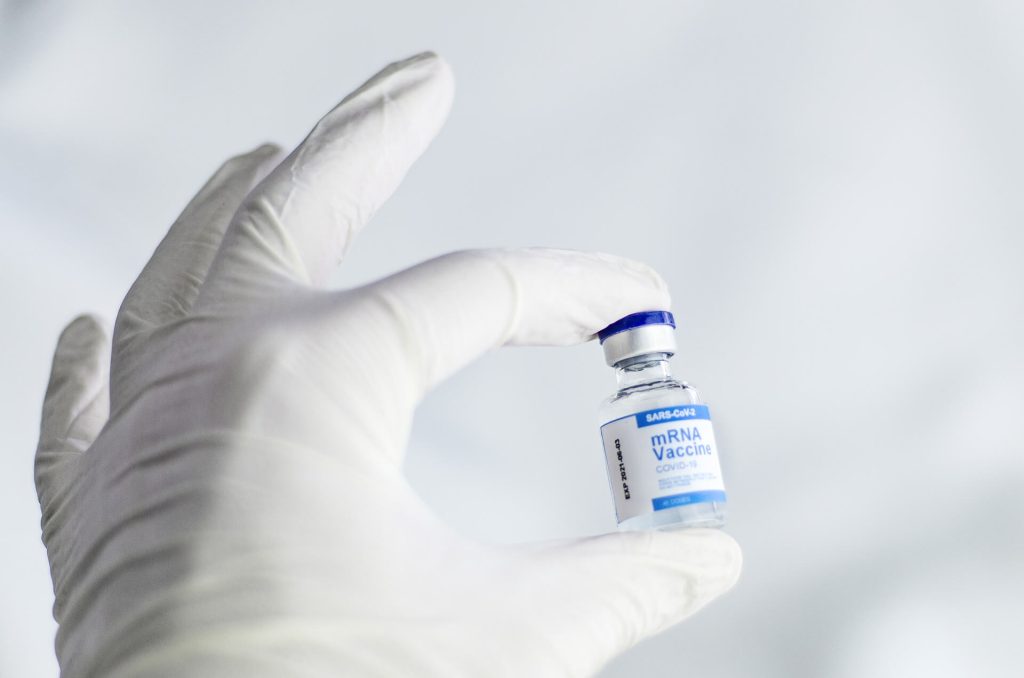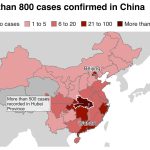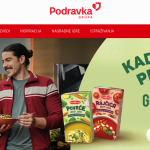Presenting the results of the survey on the occasion of European Immunisation Week, Tešović, who is a pediatrician and infectious disease doctor, said that about 20% of parents were willing to have their children immunised against COVID, 45% were hesitant while 35% said they would not vaccinate their children.
The survey was conducted at the end of 2021 and early 2022 in three large Croatian cities – Zagreb, Osijek and Split, and it covered 1,000 parents.
People who have been vaccinated believe their children should be inoculated too, said Tešović. About 30% of those who have been vaccinated support vaccination while only 3% of those who haven’t been do.
A survey conducted among 430 pregnant women between May and October 2021 at two health institutions in Zagreb shows that more than 80% would not get vaccinated against COVID and that only 16% would get vaccinated.
“Those results are fairly discouraging and indicate that pregnant women are still in doubt regarding the efficiency and safety of COVID vaccines even though most of them are aware of the dangers of COVID during pregnancy,” said Tešović. Even though the virus is perceived as having disappeared, we still have about 100 cases a day and there will most likely be another wave of the epidemic in the autumn, he warned.
An immunology expert, head of the department for viral immunology at the Helmholtz Centre for Infection Research and associate professor at the Faculty of Medicine in Hannover, Luka Čičin-Šain, underscored that the technology to produce vaccines is constantly being developed, their efficiency is increasing and any side-effects are decreasing.
Since the discovery of vaccines, the expected lifespan has increased between 15 and 25 years. Vaccination is the greatest medical achievement of modern civilisation and can prevent more than 20 potentially life-threatening diseases, he underscored.
Prior to the introduction of vaccination, there were more than 10,000 cases of mumps a year in Croatia and after vaccination was introduced, those numbers dropped drastically. After a second dose was introduced, the number practically dropped to zero, said Čičin-Šain. COVID vaccines were developed in record time, they have also changed the dynamics of the pandemic and saved countless lives.
European Immunisation Week is marked across Europe every year in the final week of April. It aims to raise awareness of the importance of immunisation for the general health and wellbeing of the European and wider population.
For more, make sure to check out our dedicated lifestyle section.










